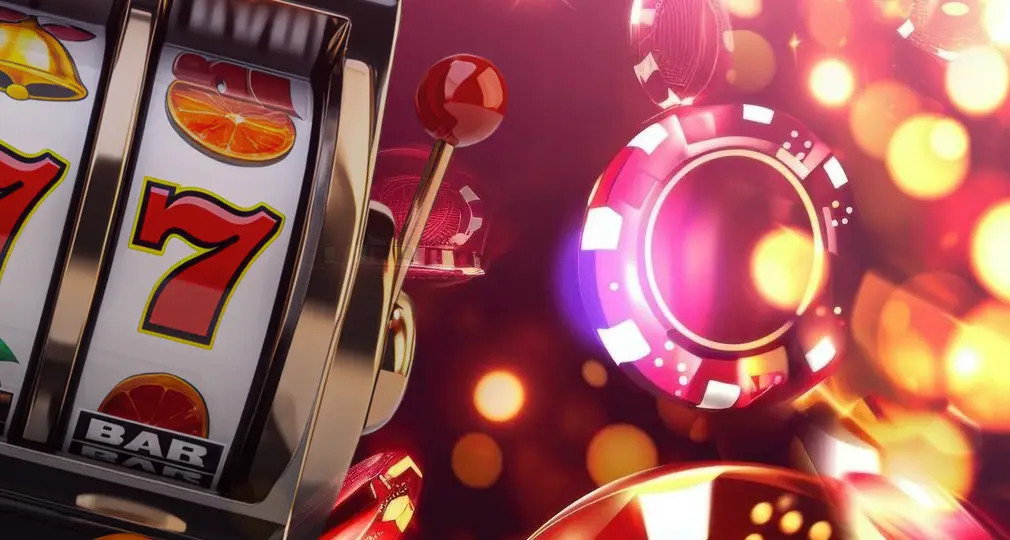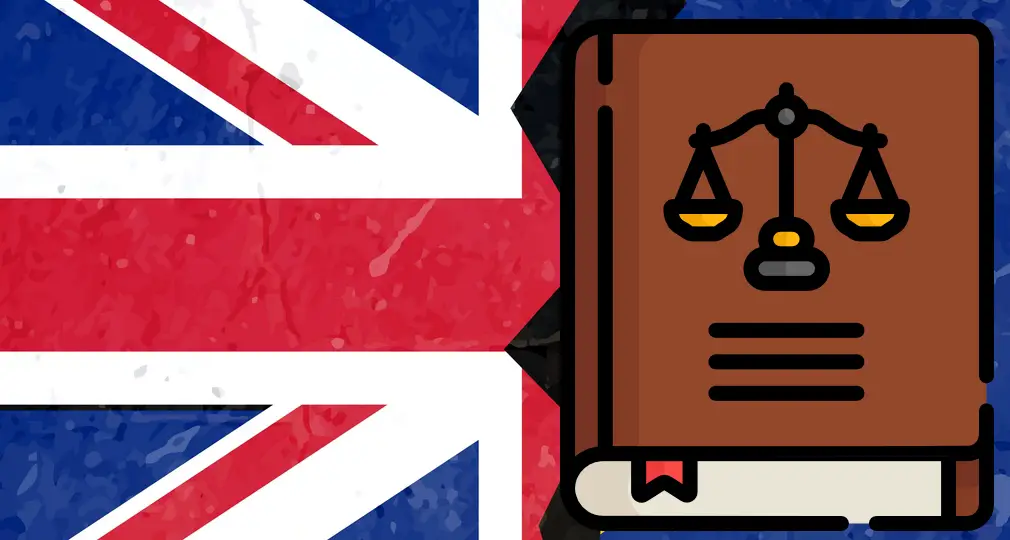Neil Montgomery is the Founding and Managing Partner of Brazilian law firm Montgomery & Associados, at which he heads the law firm’s Minds Sports, Draws, Gaming, Betting and Lottery Practice Group. He has worked as a lawyer in London and São Paulo and specializes in advising multinational companies in investing and doing business in Brazil and Brazilian companies expanding their businesses overseas.
Neil, as far as we know, the most popular gambling activities are currently prohibited in Brazil. Are there any chances that the government will slacken them?
After more than 70 years of banning games of chance (including sports betting) in Brazil, the Brazilian government managed to get the Brazilian Congress to approve the bill of law. It has resulted in the enactment of Law No. 13,756, in December 2018, which legalizes fixed-odds sports betting as a form of lottery.
The law still awaits to be regulated. The Federal Government needs to regulate the law by the end of 2022 and has announced on several occasions that such regulations, in the form of a Presidential Decree, are to be issued by the end of this year or at the beginning of 2021. All other games of chance (where luck has an exclusive or preponderant influence on the outcome of the game) are considered to be a criminal misdemeanor under article 50 of the Criminal Contraventions Law.
There are also two bills of law (namely, House of Representatives Bill No. 442/1991 and Senate Bill No. 186/2014), which are being reviewed at the Congress, that aim to legalize a broad range of land-based and online games of chance. Further, there is also a claim arising from the State of Rio Grande do Sul awaiting judgment by the Brazilian Supreme Court (STF), in which it is argued that the provisions of article 50 of the Criminal Contraventions Law, which predates the Federal Constitution of 1988, have become unconstitutional upon the enactment of the Federal Constitution. This case has been recognized as being of “general public interest”, which means that its decision will be a binding precedent on all lower courts, and, therefore, we will be able to see the lifting of the restrictions of the ban on gambling in general in Brazil without any regulation. Furthermore, and in the context of such a leading case, all judicial proceedings regarding this matter have been suspended until the leading case is decided by the STF.
Do Brazilian operators find loopholes to provide services?
As far as online gambling is concerned, before 2015, there has been no specific mention of such a form of gambling in the Criminal Contravention Law. On August 4, 2015, Federal Law No. 13,155/2015 has amended paragraph 2 of Article 50 of the Brazilian Criminal Contraventions Law to specify that players who are betting online are equally subject to the payment of a fine.
Before this amendment to the Criminal Contraventions Law in 2015, the main discussion regarding the application of the above-mentioned article 50 to online offerings lied in respect of the internet considered or not as a public place or one accessible by the public, as specified in the caption of article 50 thereof. Conservatively and in the light of precedents regarding other crimes practiced online without specific legal provisions that the online practice was illegal, the legal restrictions on gaming and betting could be considered applicable to online gaming and betting.
According to the regulations in Brazil, only operators that are located in the territory of the country can get penalties for providing gambling services. What about international companies, which offer their products to Brazilian players?
Since the amendment to article 50 in 2015, which clearly stipulates that players who are betting online are equally culpable such discussion has changed. As the new wording of Article 50 is specific to players only, questions have now been raised concerning the application of restrictions on online gambling to operators. Especially, if the operator is located in a jurisdiction where gambling is permitted, and operators have been licensed to operate. Some scholars and even a member of the Public Prosecutors’ Office of the City of São Paulo, believe that the Criminal Contraventions Law does not apply to offshore online operators. Further and to the best of our knowledge, enforcement actions against such operators for games of chance are unheard.
However, it is worth noting that such new wording of article 50, “even if online”, implies that this is a clarification only and not an exclusion of other means or the application of the internet to the operator.
There are sufficient legal arguments to also support that online gaming and betting do indeed satisfy the requirements established by article 50 of the Criminal Contraventions Law for both the player and the operator (even those in other jurisdictions). Especially, since the internet can be deemed a place or space accessible by the public (and, in fact, is probably the most accessible space worldwide).
In the context thereof, it is important to note the extraterritorial application of Brazilian criminal law. Firstly, the Criminal Contraventions Law determines in article 2 that its application is limited to wrongdoings that took place in Brazil and, therefore, online gambling and betting will be a contravention only when deemed to occur in Brazil. To establish, if offshore online gambling would be considered as taking place in Brazil, we refer to the Brazilian Criminal Code (Decree-Law No. 2.848/1940, as subsequently amended), which determines, in its article 6, that a crime is considered to have occurred in “the place where the action or omission took place, in whole or in part, as well as where the result was produced or should have been produced.”
Since the internet provides easy and quick access from the comfort of such persons’ home in Brazil, and the results (money being won or lost) occur, at least partially, in Brazil, it can be concluded that the action was performed, in whole or in part, in Brazil. On the other hand, it could also be argued that the place of the actions is where the server is located, and that access via the internet is merely the interface with the player, and that the player, when accessing a foreign website, is practicing an action subject to the laws applicable to such website.
It follows from the foregoing that it can be argued, under Brazilian law, that a criminal offense could be deemed to be committed by the overseas authorized and licensed betting entity upon permitting access to Brazilian residents. The line of reasoning that the applicable law is that of the place where the operator’s server is located is weakened, if the website, despite being hosted in a foreign jurisdiction that legally permits online gaming and betting, is specifically aimed at the Brazilian market. For example, if instructions and other language contained therein are in Portuguese and bets can be placed on Brazilian related sporting events. As far as we are aware, neither line of reasoning has yet been tested and confirmed by Brazilian courts.
While Brazilian operators can face the penalties of the Criminal Contraventions Law, foreign operators operating from jurisdictions where gaming and betting are legal and have obtained a license to operate such business activities form part of the “grey market”. That being said, the two main points of contention arising from the grey market are:
- whether the restriction to games of chance applies to licensed offshore online operators located in jurisdictions where gaming and betting is legal;
- to what extent it could be argued that the infraction is practiced, at least partially, in Brazil, resulting in the application of Brazilian law to those offshore operators.
Further, please note that enforcement actions have focused on local operators and money laundering issues. Once fixed-odds sports betting is regulated and licenses start being issued, it is likely that enforcement against offshore operators that are not licensed locally will increase significantly. Equally and as an example, a locally licensed operator of fixed-odds sports betting that forms part of a corporate group offering grey market games could be sanctioned in Brazil for such offerings.
Notwithstanding all of the above, there is a possibility of the legal ban on games of chance being lifted by a ruling by the STF. There are also two Bills of Law seeking to legalize online and land-based gambling, as it has been mentioned.
Are there any types of gambling-based services that are allowed in the country?
Currently, the only regulated games are state-run lotteries, Lotex (the instant scratch-card lottery, which was privatized through a concession in 2019), betting on horseraces in authorized racetracks, and fixed-odds sports-betting (awaiting regulation).
In your opinion, does the gambling industry in Brazil have chances to develop in the future?
Yes, I really believe that it will develop, not only as a result of the regulation of Law No. 13,756/2018, in the field of fixed-odds sports betting but also because the Federal Government has now signaled that it will also start to focus on legalizing casinos. Momentum seems to be increasing in Brazil towards the broad legalization of games of chance as the Federal Government wishes to increase the collection of taxes and enhance job generation in a country that has been hit by the COVID-19 pandemic very harshly. Brazil is a sleeping giant in many aspects, and in respect of the gaming and betting industry, this also applies. All efforts should be taken by all stakeholders involved in this industry to see the widespread legalization of all games of chance in Brazil since not supporting the legalization of games of chance is to support illegal gaming and betting.
Read more: Best iGaming Aggregators

















